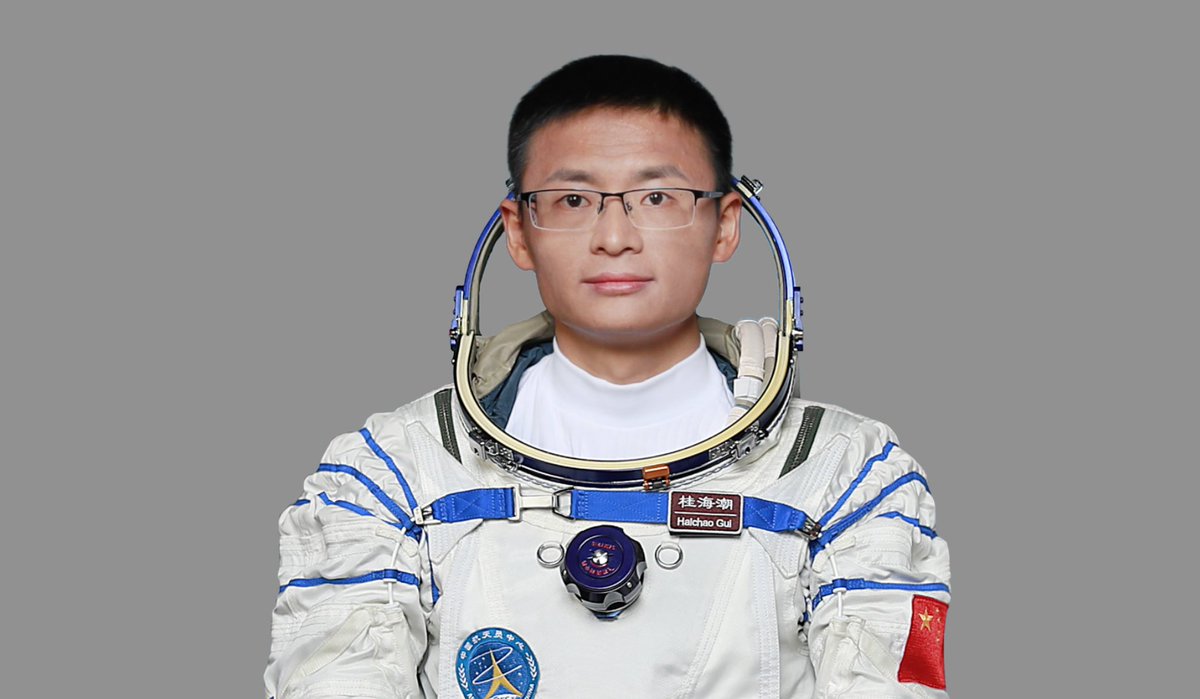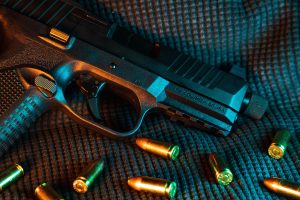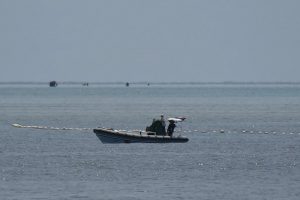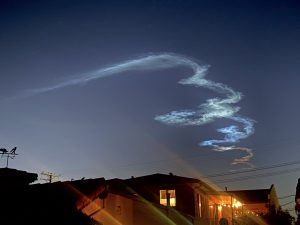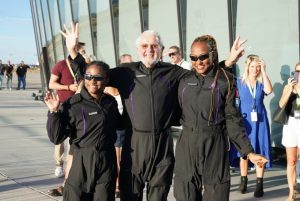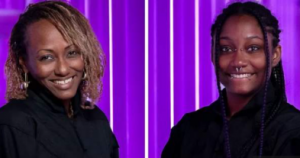Gui Haichao will become China’s first civilian sent to space when he along with a crew on Shenzhou-16 take off on Tuesday at 9:31 AM, The Global Times reported citing China Manned Space Agency (CMSA).
“Payload expert Gui Haichao is a professor at Beijing University of Aeronautics and Astronautics,” China Manned Space Agency Spokesperson Lin Xiqiang told reporters Monday, as per news agency AFP.
Also read: Matthew Macfadyen’s Tom Wambsgans new CEO of Waystar Royco? Succession fans react to season finale
The mission will be headed by commander Jing Haipeng, who will visit space for the fourth time. Zhu Yangzhu will serve as the flight engineer. The three-membered crew will take off from the Jiuquan Satellite Launch Centre in northwest China, the agency added.
China has always sent astronauts who are part of the People’s Liberation Army. Hence the Shenzhou-16 mission is historic.
Gui will be “mainly responsible for the on-orbit operation of space science experimental payloads”, Lin said.
Haichao is 36 years old and is a professor of Spacecraft Dynamics and Control at Beihang University. “He is also the first payload expert to visit the space station. He’s tasked with carrying out scientific experiments during his stay,” CGTN Global Watch reported on Twitter.
The Shenzhou-16 mission is the first manned spaceflight mission at the China Space Station application and development stage, The Global Times reported. The report added that it will include two dockings and two evacuation returns.
Also read: Adam Schenk wife and children: Who is Kourtney Schenk and Adam Schenk Jr?
Gui Haichao, as per reports, received his bachelor’s and PhD degrees in aerospace engineering from Beihang University in 2009 and 2014. He then got admitted to the York University.
Haichao moved to Ryerson University in Toronto, Canada, as a post-doctorate researcher. He only returned to his alma mater in 2017 as an associate professor at the School of Astronautics.

